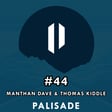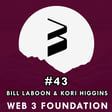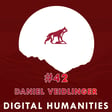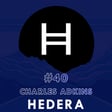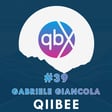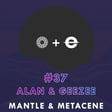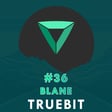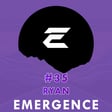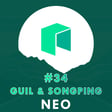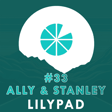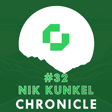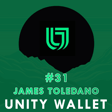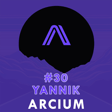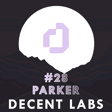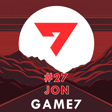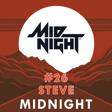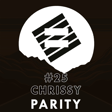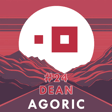
#29 - AI and Decentralized Governance with Common co-founder Dillon Chen
Dillon is the co-founder of Common, a platform designed to simplify decentralized governance. His journey into crypto began with mining Ethereum in college.
AI and the Rapid Evolution of Search Engines
The podcast begins with a discussion on the rapid advancements in AI, particularly new releases like Llama, Grok, and SearchGPT. The host is fascinated by how quickly AI evolves, introducing groundbreaking features almost monthly. Dillon shares his excitement for AI tools like Perplexity, a search engine that blends chat features with quick, context-based results. However, both acknowledge the challenge of AI’s "hallucinations"—when systems give inaccurate answers—and wonder how long it will take to overcome this flaw.
AI’s Role in Natural Interfaces and Future Tech
The conversation shifts to how AI is used in everyday life, with the host explaining his use of ChatGPT’s voice mode to assist with coding and gaming. Dillon is intrigued by this usage and suggests that voice could be a more natural interface in the future. They also explore the potential of neural devices like "The Crown," a non-invasive technology that could allow users to control devices with thought patterns. The possibilities for human-computer interaction seem endless.
AI and Crypto: The Coming Intersection
Dillon believes that as AI and crypto converge, exciting new applications will emerge, such as AI-powered agents that could participate in decentralized systems. He references OpenAI’s development framework, explaining how AI’s evolution from basic chatbots to complex agents could dramatically impact crypto ecosystems. The integration of AI into crypto could lead to automated governance models and smarter decision-making processes.
Simplifying DAO Governance
Dillon's platform, Common, is designed to make governance more accessible for decentralized organizations. Initially born out of his experience with Ethereum and the DAO, Common simplifies voting and governance processes by integrating forums, token-based voting, and proposal systems. Dillon highlights how Common solves the problem of fragmented decision-making in DAOs by providing a unified platform for discussion and action.
Common has already been adopted by organizations like LinksDAO, a decentralized golf course community, and 1Inch, a decentralized exchange. LinksDAO showcases how blockchain tools can be applied to real-world interests, while 1Inch’s recognized delegates program incentivizes active community participation, boosting engagement in governance.
This podcast is fueled by Aesir, the smartest crypto trading bot platform on the market. Sign up and use code AESIRPOT20 at checkout for 20% OFF your subscription.
